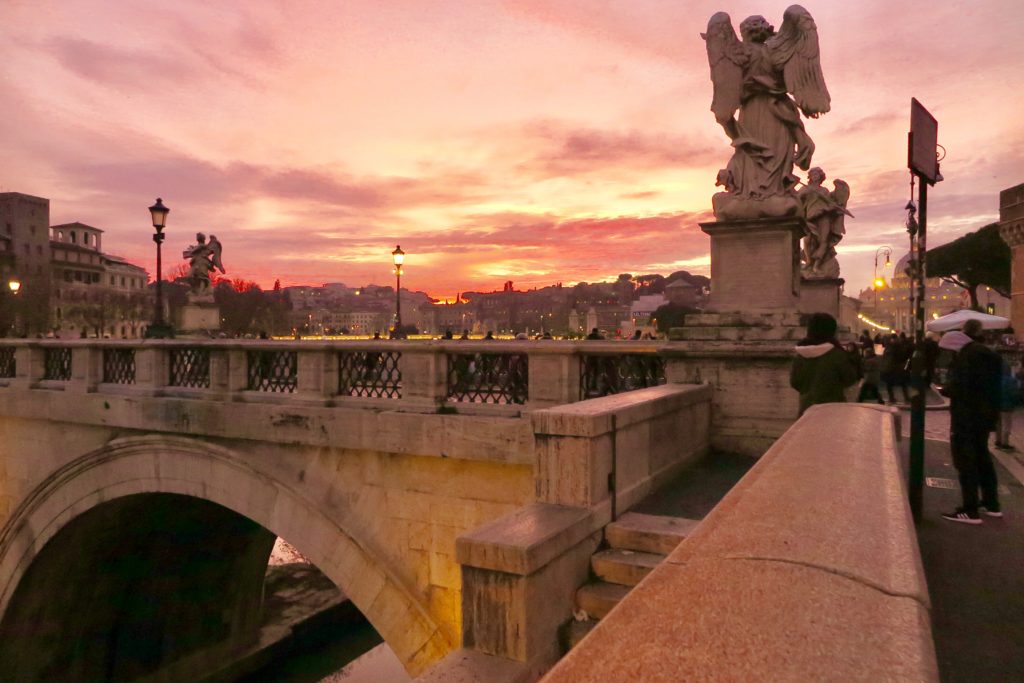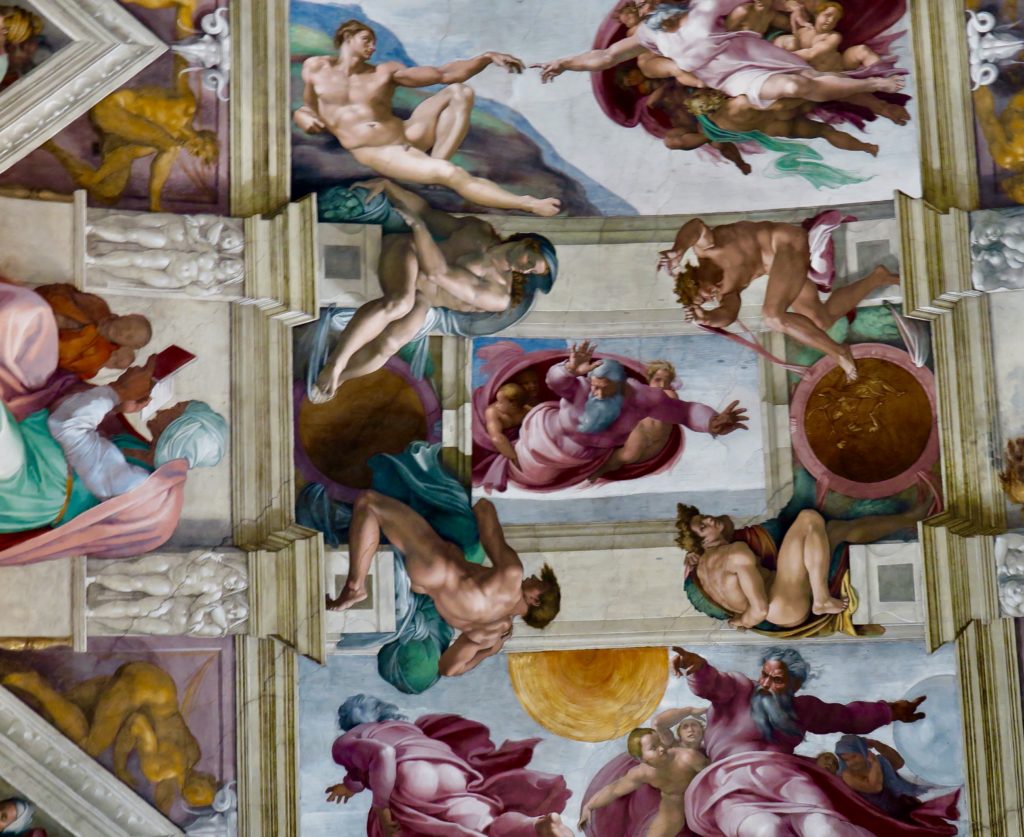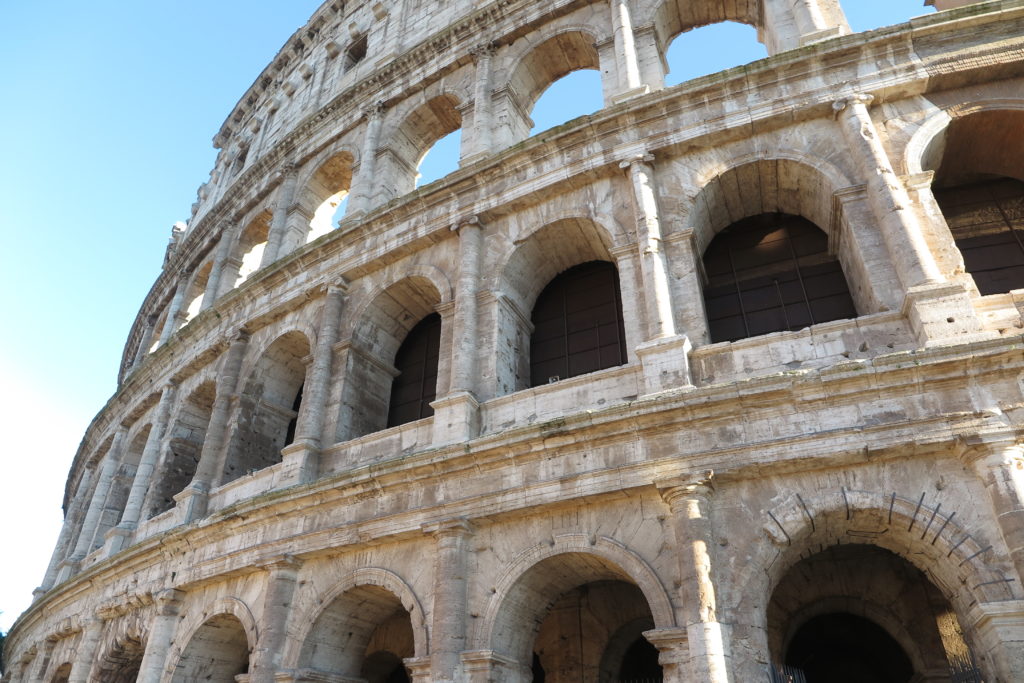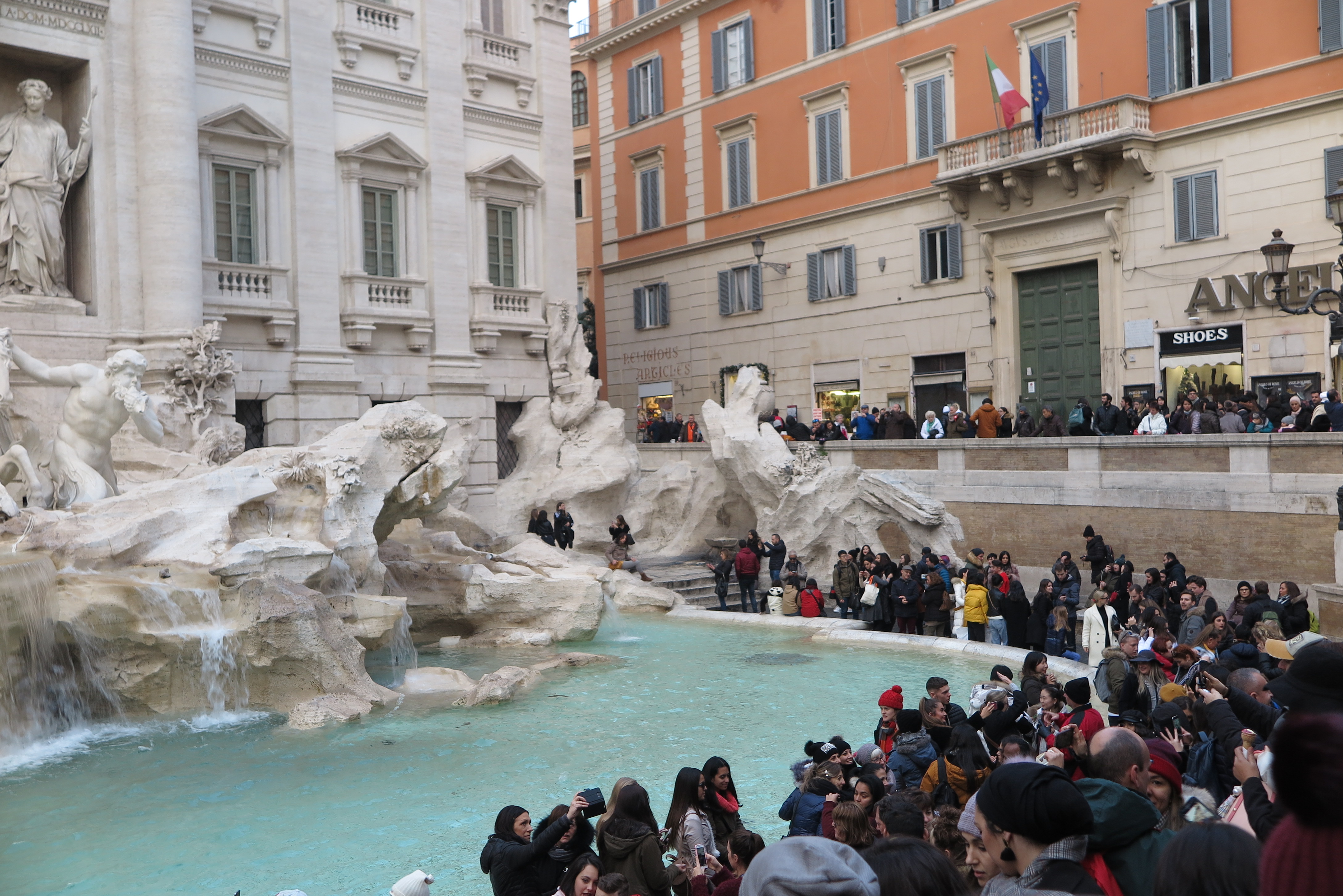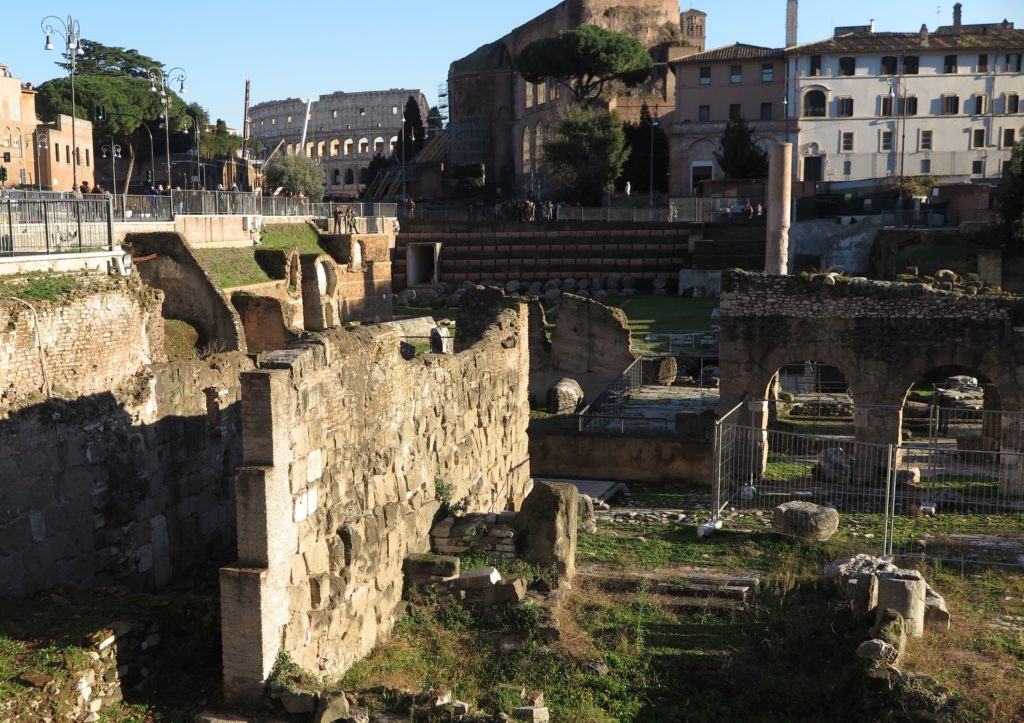
ROME — Spending time in Rome, Italy during these last days of 2018 provides a useful reminder of human resiliency, and a note of reasoned assessment after this terrible week of political and financial churning at home.
Remember from your history books that during the nearly 1,200 years of their empire, from the 8th century B.C. to mid-fifth century A.D., Romans suffered their share of incompetent, evil, wicked, inane, and miscreant emperors. Nero (54-68 A.D.) killed his mother and executed two wives. Caligula (37-41 A.D.) was a murderer who legalized looting. Commodus (180-192 A.D.) was dumb as dirt. Still, Roman architects and engineers, operating without 24/7 digital attention, invented the durable materials and designed great buildings and public spaces that honored a 1,000-year-old civilization, a number of which stand and are still used today. Rome developed a legal system that is the basis of Europe’s contemporary judiciary practices.
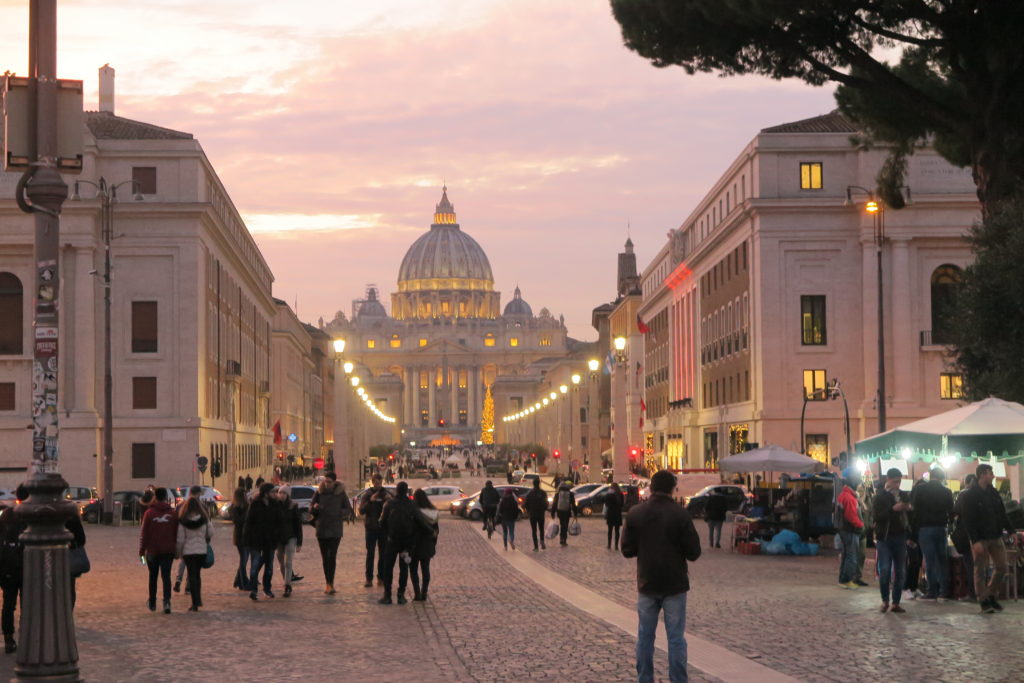
The great nation state that arose after Rome collapsed built stupendous places of worship and developed artists and sculptors who produced magnificent works that still thrill the world.
This week, like too many over the last two years, was terrible in the United States. The secretary of defense resigned over the president’s decision, made on his own instinct, to withdraw American troops from Syria. The Russians celebrated that move. Republican lawmakers gulped. The stock market is down nearly 10 percent for the year, the worst showing in a decade. President Trump shut down the government to make a silly case for building a wall along the border with Mexico. The U.S. government has no White House chief of staff, no attorney general, no secretary of defense, no Interior secretary, and too many right wing allies cheering on the disruption. Amazing.
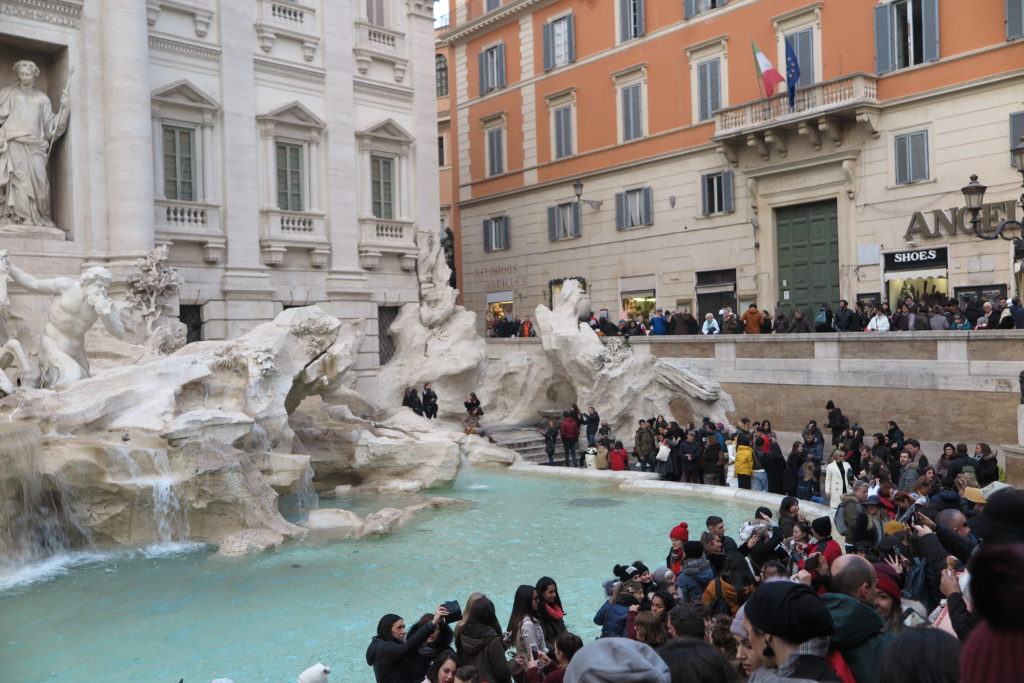
Now Italy has its own issues, including high taxes, serious national debt, lingering corruption, and birth rates so low that the country’s population could slip to 50 million by 2050, or 10 million people less than today.
Still, as a mindful American concerned about the stability of our country and the condition of our social compact I suggest that ancient and contemporary Rome offer solace, if not a measure of hope. When compared to the 2,750-year story of Rome, one miserable American ringleader of chaos and deterioration in 242 years is, I suppose, tolerable. We just can’t let it happen again for another 242 years.
— Keith Schneider
